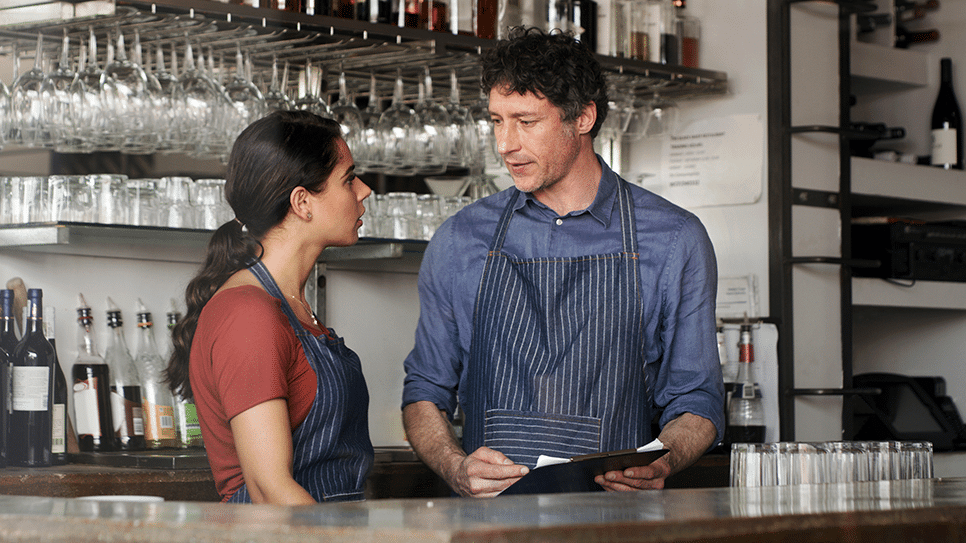
Understanding and Preventing Quid Pro Quo Harassment in the Workplace
Harassment Prevention


Many organizations are taking measures to prevent harassment, but did you know that there are some specific challenges that are unique to the hospitality industry, which includes bars, hotels, and other businesses providing lodging and food services?

Many organizations are taking measures to prevent harassment, but did you know that there are some specific challenges that are unique to the hospitality industry, which includes bars, hotels, and other businesses providing lodging and food services? It has to do with a blurring of boundaries between work and social activities that can create a situation where workplace harassment may go unchecked.
Let’s look at the realities of harassment in the hospitality industry, why there is a prevalence of this kind of behavior—and the concrete steps that HR professionals like you and other business leaders can take to prevent it.
Research shows that harassment has long been a pervasive problem in the hospitality industry. By way of example, the restaurant industry has more sexual harassment claims filed against it than any other industry. And a stunning 90% of women and 70% of men reportedly experience some form of sexual harassment.
Echoing this pattern, another study found that 58% of hotel workers and 77% of casino workers had experienced sexual harassment on the job.
The hospitality industry is a prime breeding ground for sexual harassment to occur given the working environments, which may involve isolated quarters (such as hotel rooms), late hours (such as the late shift in a bar), small- to medium-sized staff (such as a restaurant) and risk factors (such as alcohol). These environmental issues are exacerbated by the general idea that the industry is there to please customers and provide them with a good experience. Workers may feel pressure to tolerate harassment.
Fitting with this assessment, research has shown that harassment from customers may be going unnoticed. An experimental study found that managers perceived the same sexually harassing behavior as less negative when it was done by a customer than by an employee. And a survey of 300 hospitality workers revealed that 86% felt unsafe or at risk at work, and close to half surveyed feel their employers don’t take sexual harassment in the workplace seriously.
Here are some ideas for addressing harassment in the hospitality industry.
These are just a few of the key steps that hospitality organizations must take to prevent harassment. The larger goal? Elevate your culture to a level where harassment has no place, and where employees feel safe, appreciated and able to perform at their best. This is the path to an environment where both the employees and the organization can thrive and grow—now and into the future.